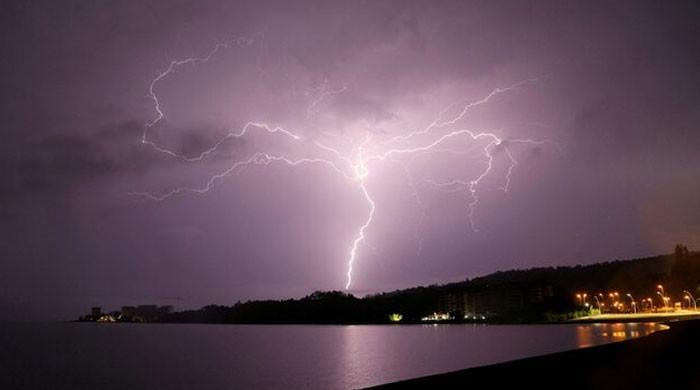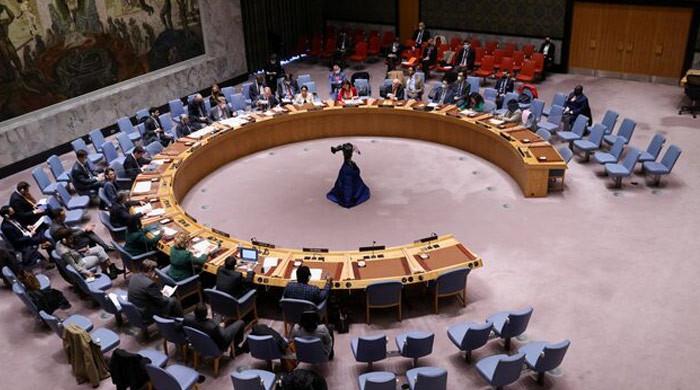Scotland votes ‘No’ to independence
EDINBURGH: Scotland rejected independence on Friday in a referendum that left the centuries-old United Kingdom intact but paved the way for a major transfer of powers away from London.Despite a...
September 19, 2014
Despite a surge in nationalist support in the final fortnight of the campaign, the "No" secured 55.30 percent of the vote against 44.70 percent for the pro-independence "Yes" camp.
After a campaign that fired up separatist movements around the world, turnout was 84.6 percent, officials said -- the highest ever for an election in Britain.
"No" campaigners across Scotland cheered and hugged as the results came in and British Prime Minister David Cameron said he was "delighted", adding: "It would have broken my heart to see our United Kingdom come to an end."
Many "Yes" activists watched dejected and in tears, although First Minister Alex Salmond urged them take heart from the huge numbers -- 1.6 million -- who backed independence.
"I don´t think any of us, whenever we entered politics, would have thought such a thing to be either credible or possible," the Scottish National Party (SNP) leader told cheering supporters in Edinburgh.
The result reassured those worried about the economic risks of a break-up.
The pound rose against the dollar and the euro on the currency markets, and the London stock market rallied sharply in opening trade.
The CBI business lobby group said the result would be greeted by a "collective sigh of relief across the business community".
The president of the European Parliament, Martin Schulz, was the first to react abroad, saying he was "relieved" and adding: "I like a United Kingdom in a united Europe."
A "Yes" vote would have brought to an abrupt end a union with England stretching back to 1707 and has been closely watched around the world, giving heart to independence supporters from Catalonia in Spain to Quebec in Canada.
But while the UK survived, it could soon look very different.
The British government must now deliver on promises made in the heat of the campaign to give more powers over tax, spending and welfare to the devolved government in Edinburgh.
And in a televised address from Downing Street, Cameron said he would go further and offer all parts of the United Kingdom some form of devolved control over their affairs.
"Just as Scotland will vote separately in the Scottish Parliament on their issues of tax, spending and welfare, so too England, as well as Wales and Northern Ireland, should be able to vote on these issues," he said.
In what would be a radical shake-up of the constitutional order, he said these new powers would be delivered "at the same pace as the settlement for Scotland", suggesting legislation would be drawn up as soon as January.









